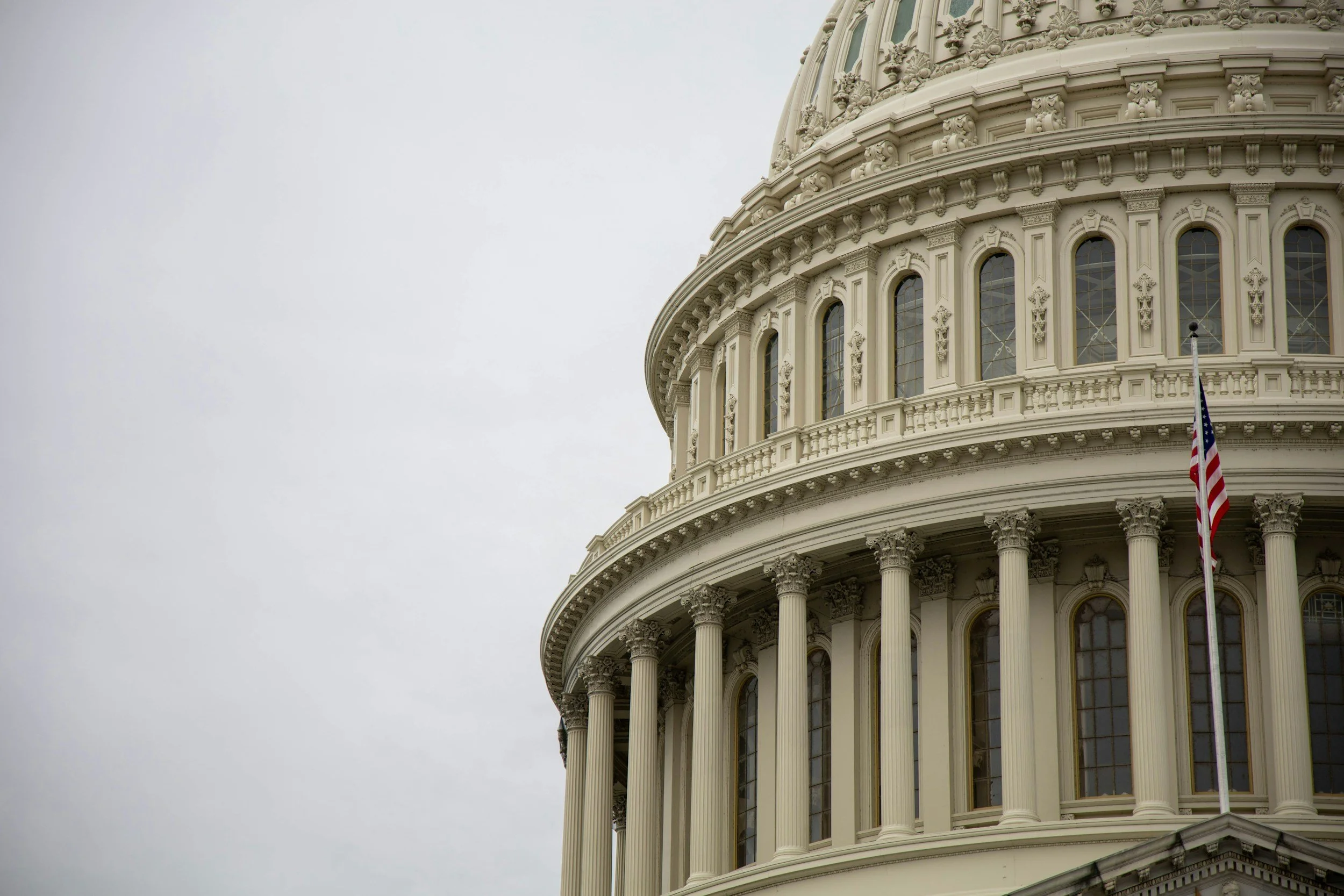On December 12, 2022, the Department of Homeland Security (DHS) published an interim final rule (IFR) in the Federal Register, titled Removal of Obsolete Procedures and Requirements Related to F, J, and M Nonimmigrants. The rule became effective on the date of publication, December 12, 2022; you can read the rule at 87 FR 75891 (December 12, 2022)
According to a December 8, 2022 Broadcast Message from the Student and Exchange Visitor Program (SEVP), the rule was published to "remove obsolete information, correct typographical errors, update references and citations, and make minor clarifications to regulatory language. These changes are administrative, not substantive, and are necessary to eliminate confusion, improve clarity, and remove obsolete procedures and requirements used before the implementation of the Student and Exchange Visitor Information System (SEVIS) or during the transition to SEVIS. This rulemaking does not raise existing costs and places no additional burden on F and M students, J exchange visitors, SEVP-certified schools or designated programs."
The rule is being published as an interim final rule, which means it is immediately effective as of December 12, 2022, but also gives the public 30 days to submit comments despite the rule already being in effect. The Federal Register notice contains information on how to submit comments.
The amendments remove references to obsolete procedures meant for non-SEVIS schools in the 2003 transition to SEVIS, remove references to "the Service" (which denoted INS, the legacy Immigration and Naturalization Service), and make other updates that reflect the new structures of DHS and SEVIS. One positive semi-substantive change is that the SEVP will make permanent the current COVID policy that allows schools to collect electronic signatures on Form I-17.







